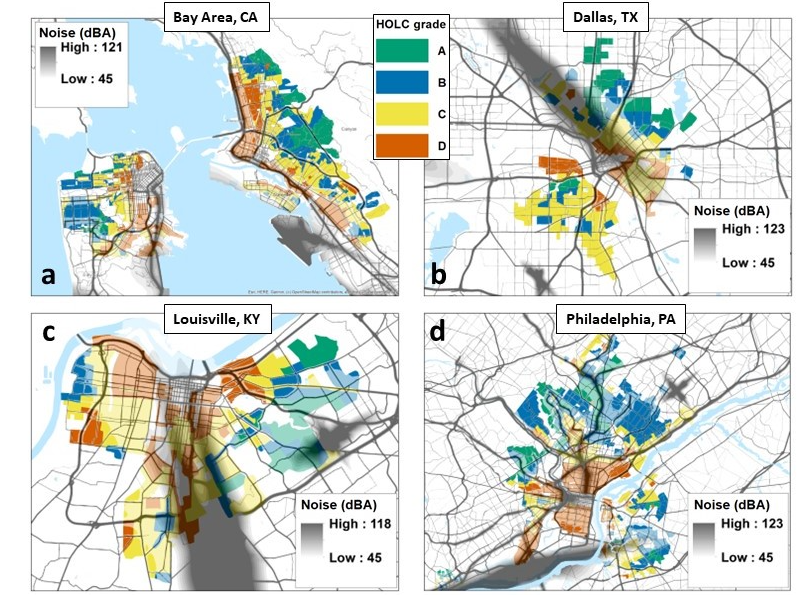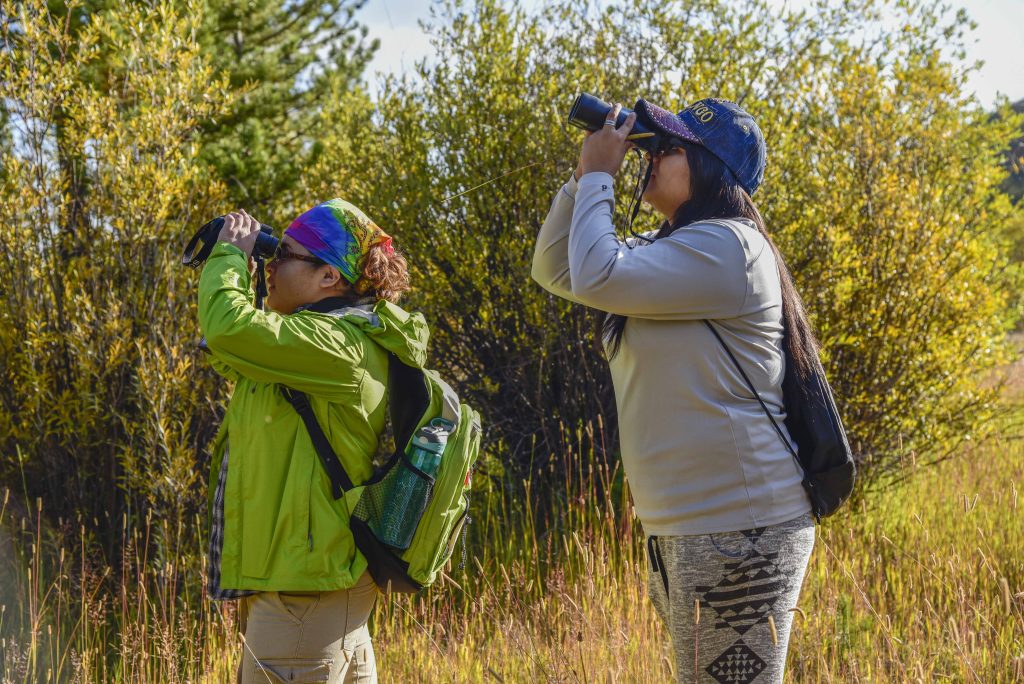Urban ecology and environmental justice
We study how the inequitable distribution of environmental goods (like greenspaces) and environmental harms (like pollution) impact urban biodiversity and ecological processes.

We are investigating the inequitable distribution of noise pollution in cities and the cascading impacts to urban biodiversity and people.
We aim to uncover how social sampling bias, driven by inadequate engagement of marginalized communities in 'citizen' science programs like eBird, impacts ecological inference and our undermines our understanding of patterns of urban biodiversity.

